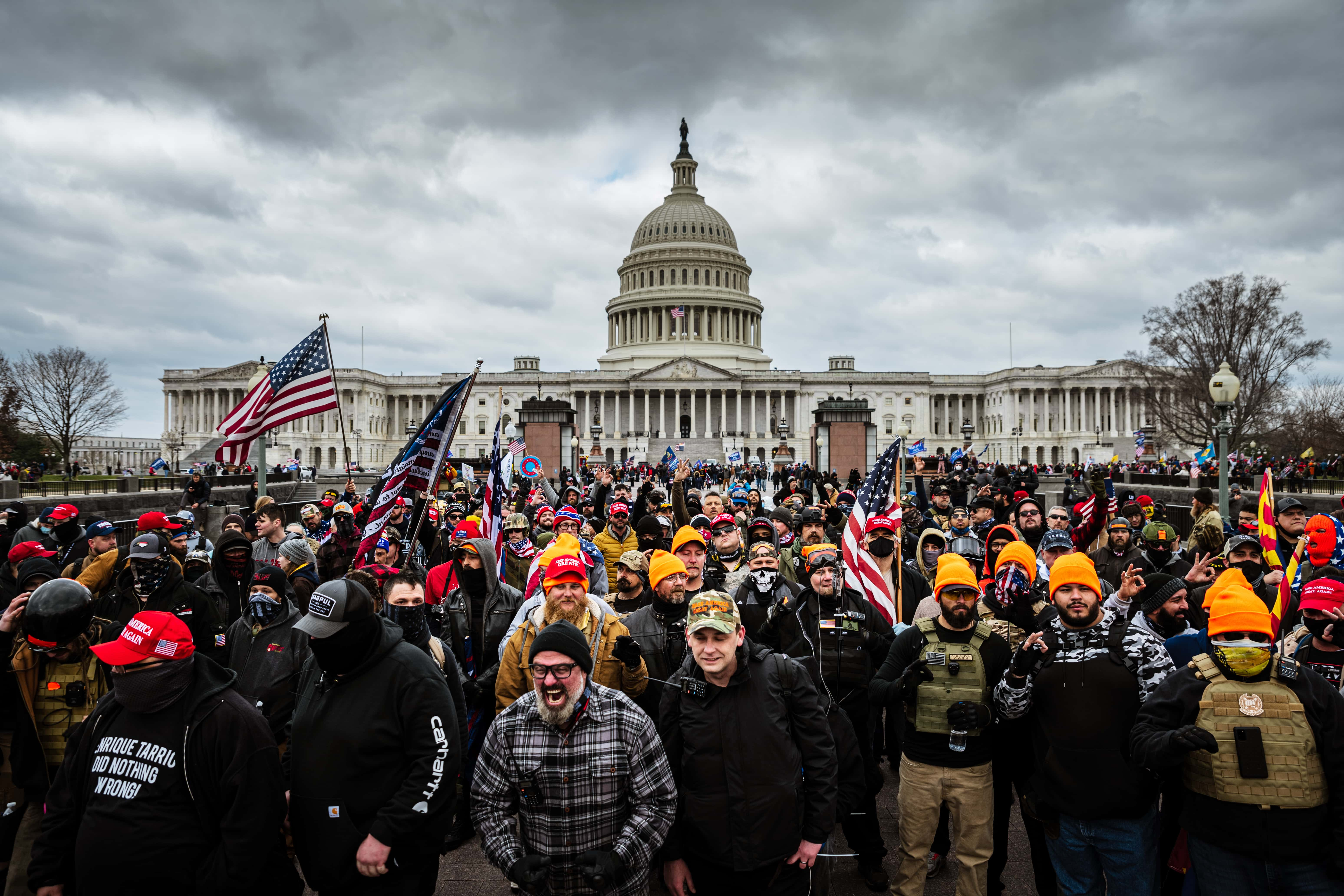Who killed Ashli Babbitt? Piers Morgan 'KNOWS' but won't name him

On July 3, at his rally in Florida, Former US President Donald Trump asked, “Who shot Ashli Babbitt? We all saw the hand. We saw the gun. You know, if that were on the other side, the person that did the shooting would be strung up and hung. Okay? Now, they don’t want to give the name. It’s a terrible thing, right? Shot. Boom. And it’s a terrible thing.”
The following day, Trump brought up Babbitt once again. “The person that shot Ashli Babbitt. Boom. Right through the head,” adding, “Just, boom. There was no reason for that. And why isn’t that person being opened up, and why isn’t that being studied?”
RELATED ARTICLES
Who shot Ashli Babbitt? Trump demands release of cop's name, but here's why DoJ is refusing

He’s not the only one asking. Paul Anthony Gosar, the US Representative for Arizona's 4th congressional district, on his official website, issued a statement on July 6. “Six months ago today, Ashli Babbitt, a 110-pound woman with nothing in her hands, not a rock, not a stick or a bat, was shot dead by a still unknown Capitol Hill police officer," Gosar said. "Her death has been ruled a homicide. Yet, we have very little information about her death. Our fake news media has asked no questions or sought information about this tragedy. So, I have. And now President Trump has joined me in seeking the truth.”
“It is unjust to sweep Ashli’s death under the rug by merely saying she was in the wrong place at the wrong time, as so many have,” Gosar wrote. “Her life mattered. We do not allow the execution of citizens by street ‘justice’ in our country. We have rejected vigilantism and police abuse for generations.” To refresh memories, Ashli Babbitt was a 35-year-old Air Force veteran who was among the mob of pro-Trump supporters, some of them armed, seeking to break in and gain entrance to the floor of the House through the Speaker’s Lobby while officers were evacuating lawmakers from the chamber on January 6. A police lieutenant fired a single shot, hitting her in the left shoulder. After being taken to a hospital, she died.

Now, an unlikely voice is claiming to know all the identifying details of the officer who shot her. Piers Morgan, the controversial British journalist, wrote on July 7 in the Daily Mail: “The identity of the Capitol Police officer who shot the MAGA rioter on camera on January 6 has remained one of the most closely guarded secrets in America. But I know who it is. I know his name, his age, his rank, his family status, and his service record. I know all this because DailyMail.com journalists did their job and found out, as I am sure have journalists from other news organizations.”
Morgan’s long column oscillated between criticism of liberal media, the criticism of the present US government, and arguing that the name of the police officer who shot Babbitt be made public in the name of fairness and public interest. “Whether you think Ashli Babbitt is a traitor or a patriot, for justice to be done, the identity of the officer who killed her should be made public and we should hear his story,” he wrote. He did not, however, name the officer.
This consideration -- stemming possibly out of concern for the person’s safety and perhaps some sort of journalistic ethics because law enforcement authorities neither confirmed nor denied their claim -- was not exercised by other far-right publications. One America News Network, the far-right, pro-Donald Trump cable channel’s website did publish a name. Even though it did not have anything to back this claim other than the Babbitt family attorney’s claim and unconfirmed conjecture.
In April, the Justice Department announced after a three-month investigation that prosecutors will not pursue criminal charges against the Capitol Police lieutenant who shot Babbit. In conducting their investigation, prosecutors inspected videos posted on social media, evidence from the scene of the shooting, Babbitt’s autopsy, and statements from the lieutenant. Officials determined there was “insufficient evidence” to warrant criminal prosecution.










